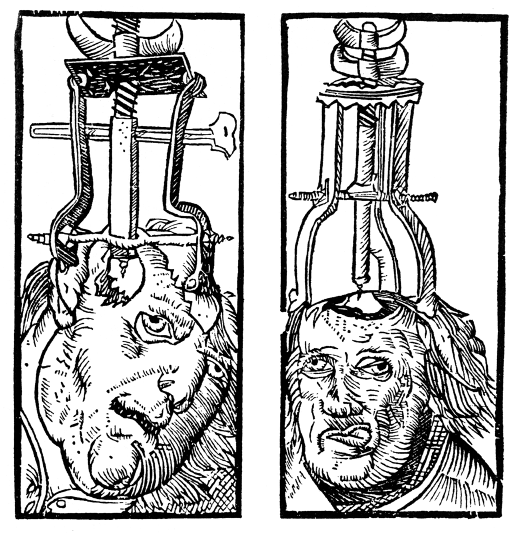
As I wrote in an earlier post, I’ve been thinking a lot about the sorry state of psychiatric care in the Western world (the only part of the world from which I happen to have information – I speculate that the state is even sadder in the developing world). Mental illnesses as a group cost the society more than cancer or cardiovascular diseases, between two and four percent of the GNP of a typical Western country. People with a serious mental illness die over 20 years sooner than the average healthy person. Some 60% of those suffering from mental illnesses go without treatment. In Sweden more than 5 times as many people die from suicide than from traffic accidents (the Swedish roads are very safe because of heavy investment in safety features and safe cars). Cancer research receives at least ten times as much money as research on mental illnesses. I could go on and on citing statistics that all point in one direction: mental health care is underfunded, under-researched, and generally neglected. The negligence is not subtle, it is glaring, in your face obvious.
This is how USA Today put it in May 12, 2014:
The mentally ill who have nowhere to go and find little sympathy from those around them often land hard in emergency rooms, county jails and city streets. The lucky ones find homes with family. The unlucky ones show up in the morgue.
How come the health care system and the society in general turn their back on the mentally ill, even though treatments are available and at least sometimes effective? There are many possible explanations:
- The mentally ill are because of their very illness a weak patient group. They don’t make noise. They don’t wield influence. They don’t relentlessly pursue their interests. They don’t have vocal lobby groups. Their social networks get sparser the longer they are ill.
- Most systems in society, including the health care system, are designed for people with full executive function. You are expected to be able to manage appointments, medication and in general act in you own interest. Most mentally ill do not possess full executive function. They have problems showing up for doctor’s appointments and adhering to treatment regimes.
- There is a stigma associated with mental illnesses making those suffering unwilling to admit to others and to themselves that they are ill and that they need help.
- Many individuals and institutions in society, including health care, do not distinguish between the person and the illness; the illness is mistaken for a reprehensible personality which creates hostility, conscious or unconscious, toward the patient.
- The popular image of the mentally ill in movies, games, books etc doesn’t help. Mental illness is often used as an excuse to create a villain capable of heinous deeds. The fact is that the vast majority of the mentally ill are perfectly peaceful.
- Disrespect for the mentally ill is built into our very language. We use words such as “retard”, “idiot”, “psycho” to describe traits of people who in some way have offended us.
- Legal systems emphasize individual freedom more than individual well-being. We therefore cannot help a person that has lost his or her will and executive functions to access healthcare.
Last but not least, our understanding of psychiatric illnesses and their cures is still limited. Many conditions are chronic and require long treatments. Our understanding of the workings and wiring of the brain is still rudimentary. So it is not the easiest specialty for sure.
Fixing psychiatric care is not just a question of money, resources. research and technology although all that helps. It seems that we need a new Menschenbild, a new way to understand what it is to be human. I further claim that the new Menschenbild must be more mechanistic to make it more humane, more menschlich.